Final Schedule Published - Library 2.0 Mini-Conference on "Urban Librarianship: Embracing Challenges and Opportunities"
The Learning Revolution Has Begun
JULY 12, 2022
Michael Lambert has championed increased and equitable access to libraries through expanded hours and a fine-free library system. Throughout his career, he has prioritized equity and the democratization of access to information, including nontraditional patrons and resources beyond traditional library materials.

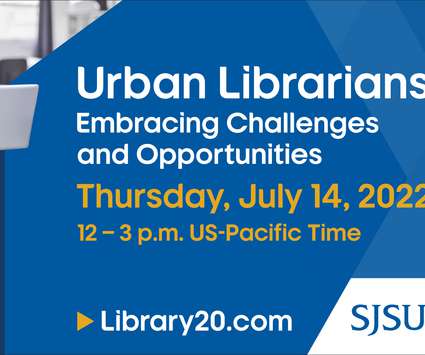
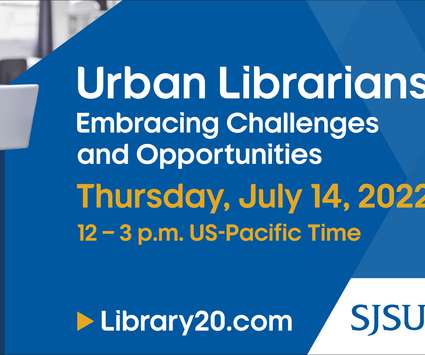

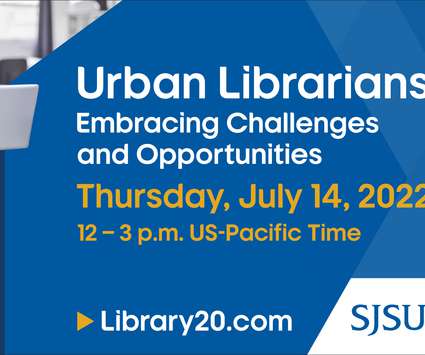
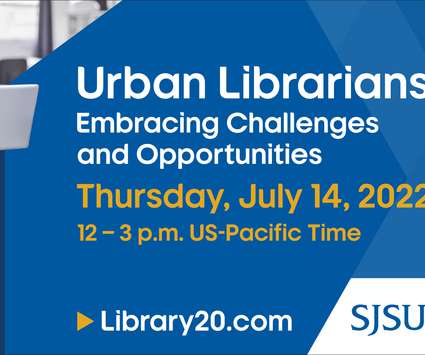
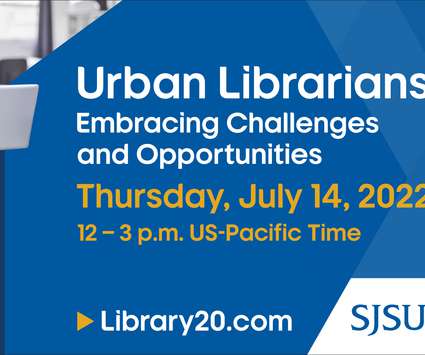
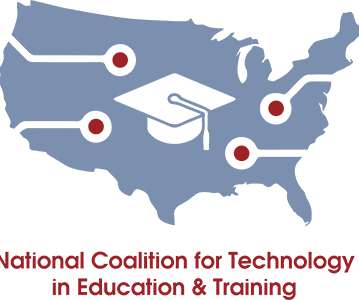
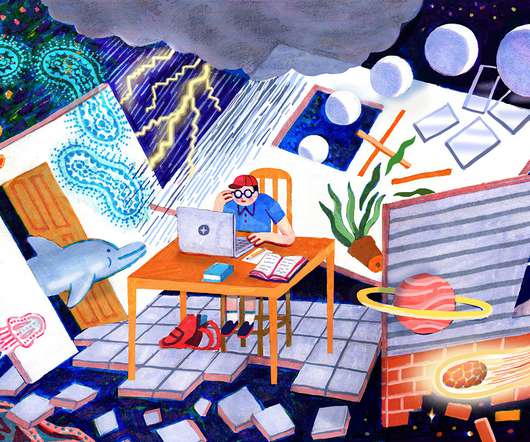













Let's personalize your content